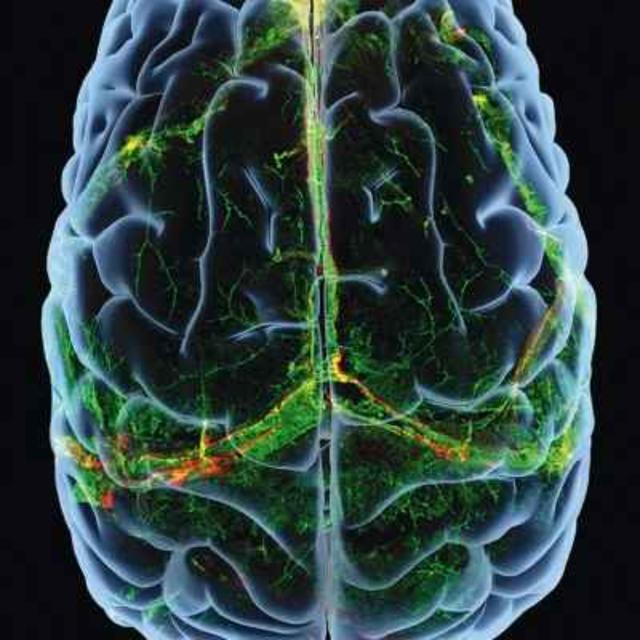
Ghrelin decreases sensitivity to negative feedback and increases prediction-error related caudate activity in humans, a randomized controlled trial
Episode description
There’s a hormone called ghrelin that’s secreted in the stomach, and when someone is hungry it contributes to that feeling of hunger and the need to search for food. But neurological studies have suggested that ghrelin might also play a role in compulsivity and impulsivity, and it might be related to substance use disorders.
Rebecca Boeme is an assistant professor at Linkoping University in Sweden. She and her colleagues decided to use human subjects to investigate how ghrelin affects reinforcement learning, basically how ghrelin influences decision making when subjects receive positive and negative feedback —and also how it might actually be affecting the brain.
Read the full study here: https://www.nature.com/articles/s41386-024-01821-6
Hosted on Acast. See acast.com/privacy for more information.
